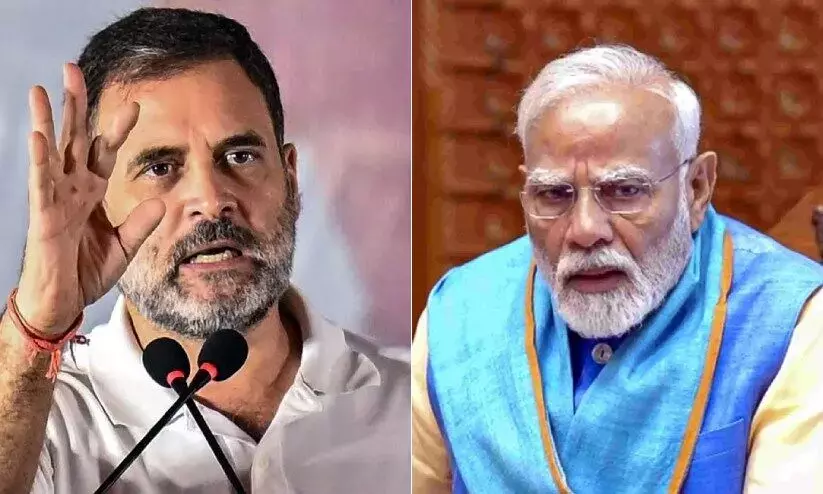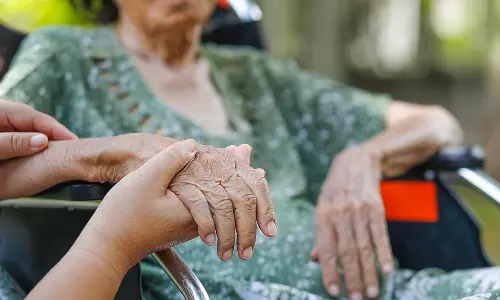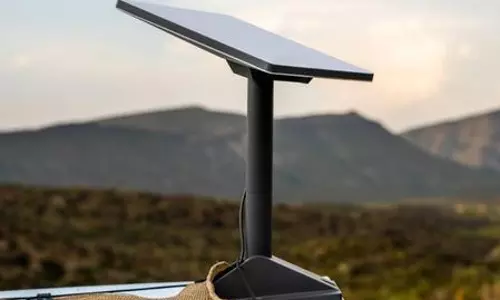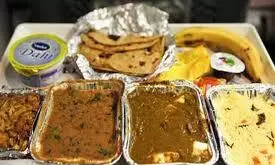
Over 6,000 complaints on train food quality filed in 2024-25, says Railway Minister
text_fieldsNew Delhi: The Indian Railways has received 6,645 complaints regarding food quality served on trains so far in the financial year 2024-25, Railway Minister Ashwini Vaishnaw informed the Rajya Sabha on Friday.
Responding to a question raised by CPI(M) MP John Brittas, the minister shared details of passenger grievances and the steps taken in response.
Of the total complaints, fines were imposed on food suppliers in 1,341 cases.
In another 2,995 instances, warnings were issued, while advisories were given in 1,547 cases.
For the remaining 762 complaints, other corrective actions were taken, according to the minister’s written reply.
“Prompt and appropriate punitive action, including imposition of fines, disciplinary action, counselling, warning etc., is taken in case any instance of adulterated/unhygienic food or passenger complaint is reported,” Vaishnaw stated.
The data also showed that passenger complaints about food quality have been on the rise in recent years.
In 2023-24, the number stood at 7,026, compared to 4,421 in 2022-23 and 1,082 in 2021-22.
MP John Brittas had also questioned the transparency of the contract awarding process, asking whether Indian Railway Catering and Tourism Corporation (IRCTC) had awarded contracts across railway routes - including Vande Bharat and other long-distance trains - to a single corporate group using multiple affiliate entities.
Addressing this concern, Vaishnaw clarified that IRCTC follows a transparent tendering process to select service providers. “These tenders are awarded through a transparent process to the highest bidders as per the terms and conditions stipulated in the tender documents. The details of Letters of Award, issued to multiple service providers, are published on the website of IRCTC. At present, contracts of clusters of trains have been awarded by IRCTC to 20 entities,” he said.
The Railway Minister also listed several steps being taken to improve food quality. These include sourcing meals from designated Base Kitchens, establishing modern kitchens at key locations, installing CCTV cameras in these facilities, using branded raw materials, and appointing Food Safety Supervisors to oversee hygiene and safety practices.


















